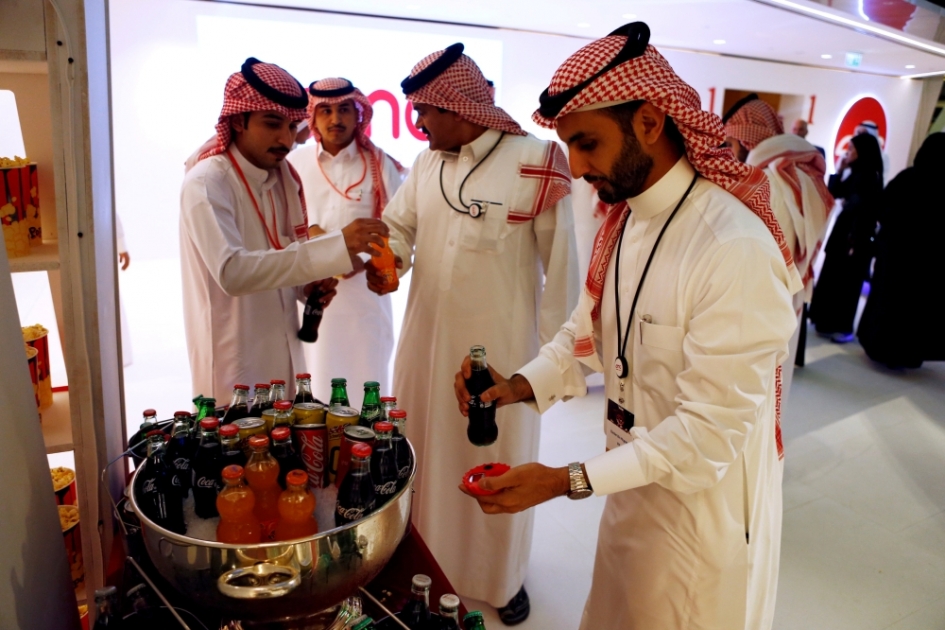
Reforms change Saudi shopping habits
Saudi Arabia’s malls and bazaars are changing as retailers embrace a shift in shopping habits brought about by reforms to diversify the economy away from oil.
Reforms to bring women into the work force and encourage entertainment has lifted other types of spending.
The reforms are part of push by Crown Prince Muhammad Bin Salman, deputy premier and minister of defense, to wean the economy off oil. He wants to create 1.2 million jobs for Saudis by 2022, with many in the retail sector.
“People are opting for budget goods and reforms enabling the re-opening of cinemas, greater recreational activities, as well as women being allowed to drive, may mean there is a shift in how consumers are spending,” said Jason Tuvey, an analyst at Capital Economics.
Saudi retail giants such as Fawaz Abdulaziz Alhokair Co and Savola Group are having to adapt.
“Retailers are reviewing their portfolios, be it products or stores, to reflect changing consumer patterns,” said an executive of one major Saudi retailer.
Alhokair has the Saudi license for the Zara fast-fashion chain, part of Spain’s Inditex group, and plans to increase the number of stores to 45 by 2020 from around 30. It also opened the first Saudi branch of Inditex’s affordable store Lefties last year.
One of Alhokair’s businesses also recently secured a $1.9 billion loan to be used in part to build new malls. The company has not detailed how it will fill those malls, but bankers expect them to include more entertainment offerings, such as cinemas and restaurants, in addition to stores.
Overall consumption, which accounts for about 40 percent of gross domestic product, has stayed robust, averaging 4 percent a year in the past five years.
Consumer spending weakened at the start of this year as the utility price rises took effect but higher prices for oil exports left room in the budget for bonuses and one-off payments for lower income families and spending has picked up.
Most analysts expect growth to continue for the next few years, partly due to women entering the work force after a female driving ban was lifted in June.
Savola Group in May it bought a majority stake in a frozen foods processing firm. Analysts have said that could reflect an anticipation of increased demand for frozen food if women abandon traditional homemaker roles to go to work.
As of September, Saudis must make up 70 percent of the workforce in 12 retail areas including selling furniture, car spare parts, sweets, watches and eyeglasses.
The government also plans to ease restrictions on e-commerce. This could bring further change to the sector.
“The country’s young population, high connectivity rates and advanced infrastructure are projected to propel the growth of e-commerce sales over the next several years,” said yStats.com, an e-commerce intelligence firm

























